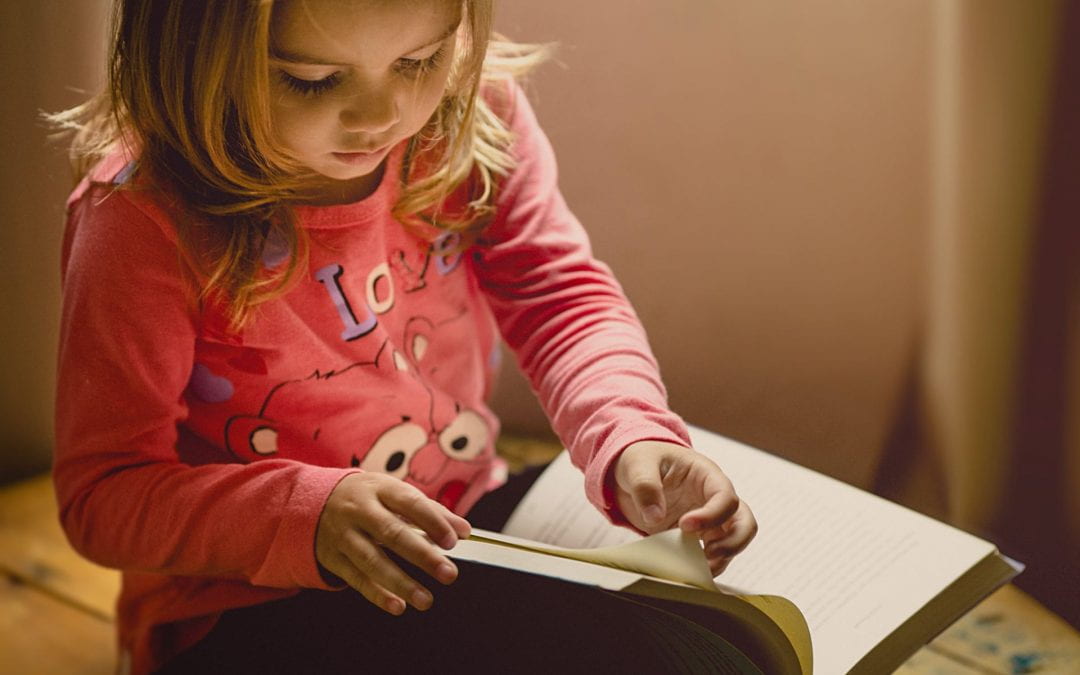An innovative literacy programme, developed with funding from A Better Start National Science Challenge, is being rolled out to the nation’s schools.
The programme, known as the Better Start Literacy Approach (BLSA), is part of the Ministry of Education’s major new initiative to support enhanced and more equitable literacy outcomes for all New Zealand children.
BLSA has been developed over several years – led by A Better Start’s deputy director Gail Gillon and Successful Learning theme leader Professor Brigid McNeill – and successfully trialled in schools in Canterbury and Auckland.
“We know that early reading success is a powerful predictor of later reading success, which in turn is associated with stronger educational achievement and improved health and well-being,” says Professor Gillon. “It’s critical, therefore, we help all our tamariki experience early reading and writing success.”
The programme is a systematic and integrated approach to developing children’s phonological awareness and vocabulary, and oral, narrative, reading and writing skills in the first year of learning at school. It incorporates new Ready to Read Phonics Plus readers that Professors Gillon and McNeill have helped develop together with their colleagues at the University of Canterbury, Professor Alison Arrow and Dr Amy Scott.
Innovative online monitoring assessments are another critical part of the programme, enabling teachers to carefully monitor how students are responding to quality teaching and quickly identify those who need more support. The data also helps guide their next teaching steps.
Outside of the classroom, whānau workshops will provide families with knowledge and support to advance their tamariki’s oral language and reading and writing abilities.
Throughout this year the Ministry of Education will upskill literacy specialists and more than 800 new entrant and Year 1 class teachers to use the Better Start Literacy Approach.
This coincides with the rollout of more than 2 million of the Ready to Read Phonics Plus readers to all schools.
Professor Gillon says it is exciting to see the programme being used more widely in schools after years of intensive development, including pilot work funded through the Challenge in 2015- 2019.
More than 1000 children, their teachers and whānau have now been involved in pilot trials of the Better Start Literacy Approach and their feedback has helped inform the programme that is now implemented across New Zealand.
“We have listened carefully to feedback from teachers, tamariki and whānau gathered through the Challenge pilot work,” says Professor McNeill. “This has really helped inform the advancement of the Better Start Literacy Approach and has also informed the story themes content and text within the enhanced Ready to Read Phonics Plus series of readers.”
Get to know more about the Better Start Literacy Approach HERE
Visit the Better Start Literacy Approach website

